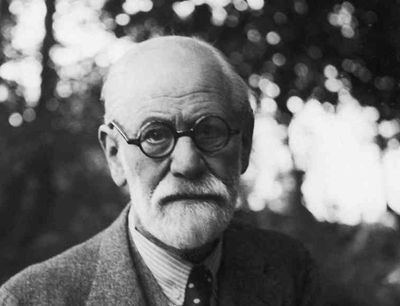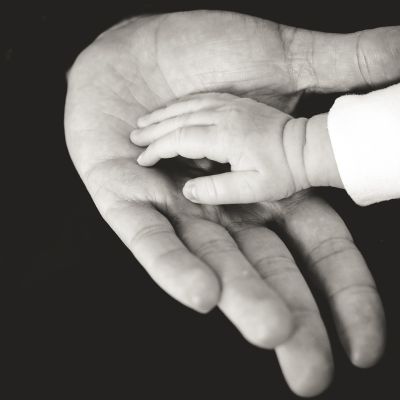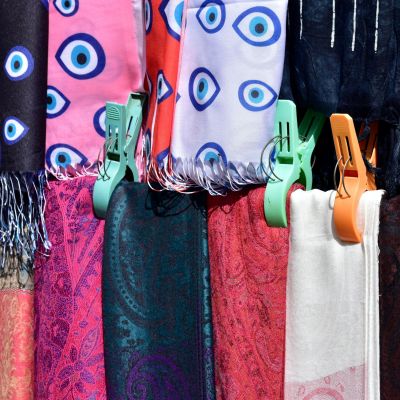Voices
Should it have been a full stop or a question mark that finished the above title? It deeply confused me….
A multitude of views are recorded when couples are interviewed about their sex lives and relationships. It is often found that while women are more concerned about the way they look and how they react to their partners’ moves (including women’s need to fake orgasms), men worry more about things like performance. It is safe to assume that all of us have sexual insecurities.
So, what can be done about insecurity?
While we have come a long way from the singular Freudian focus on sexual energies and reducing most mental health disturbances to sexuality, there is no doubting its significance for an individual’s wellbeing.
Roland Barthes writes in A Lover’s Discourse that we begin to think of ‘love’ as an idea only when our beloved or the object of desire has departed – either when love has failed, or in the absence of the lover – that is absolutely crucial to any theorisation of love.
Family, immediate and extended, is usually who you turn to. They are the ones who provide stress relief and reduce anxiety by boosting self-confidence and self-esteem and providing a protective shield. There is a sense of belongingness in good times and in bad.
Bare feet, dry brown hair, shabby clothes, a girl not older than 12 years stared out from her terrace at…
Traditional masculinity is not without its problems but to eliminate its component of stoicism is to pull the rug from under a cast of tough and determined characters who make society function.
I can recall my experiences in the washrooms of different gyms that I have been a member of. A men’s washroom is an interesting place in terms of how sexuality manifests itself in its various aspects. It was not unusual to see men of various kinds with strange energies in these washrooms.
The Nepal Earthquake and its devastating impact on the citizens of the country was also felt amongst a small group…
Eudaimonia, ever the kind soul, made every effort to befriend her cousins who initially treated her as a pest. Maybe it was out of spite for the love Eudaimonia received from the elders in the house and that too which she often left in her wake, but before long her cousins turned their attention to her in ways so cruel, the light in Eudaimonia’s eyes began to wane and it would be a very long time before it shone through them again.
So, even though “home” is supposed to be a place of comfort – a personal space which should allow us to express our gender, sexuality and bodies freely – this notion of home stands defeated in reality, where there are certain unsaid rules which govern the distribution and use of space.
This article explores how women are constructed as a ‘space’ manufactured by men to seek comfort, but void of having any active agency or participation in that space itself. I seek to bring this out in this article by drawing a parallel between the nineteenth century ‘Bharat Mata’ (Mother India) and the depiction of the twenty-first century ‘heroine’ in Bollywood movies.
There’s a difference between ‘laughing with’ and ‘laughing at’. The above instance was obviously of the latter kind. Humour has a complex but integral relationship with queer genders and sexualities, and it has been evolving over time.
While women’s colleges are certainly a step ahead of other institutions in creating spaces of liberation and encouraging freedom of choice, this rare advantage must expand itself onto the landscape of our entire country.















